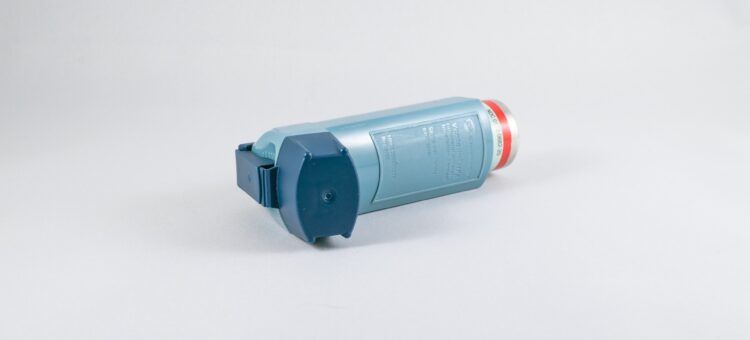One of the more common illnesses, regardless of wherever you are in the world, is asthma. It’s a chronic lung disease that leads the airways of the lungs to swell and get inflamed. Symptoms include chest tightness, chronic coughing, shortness of breath, and wheezing. A number of symptoms only manifest after a person gets exposed to a trigger. Exercise, cold air, stress, allergens, and even tobacco smoke are just some of the more common asthma triggers.
Medication for Asthma
Aside from avoiding your triggers, it’s crucial to use medicine to help manage your asthma. An asthma medications list can be very helpful, but there are two main types that doctors prescribe. It’s key to know the differences so you can figure out when each type should be used and why.
The first type is long-term control medicine, also known as maintenance medicine for asthma. The second type is more about quick relief, sometimes called rescue medicine. A vital example is the inhaler used for symptom relief when flare-ups of asthma happen.
Children will likely need support in managing their asthma. On top of staying away from possible triggers, it’s important to ensure that they’re taking their medication as prescribed. Even if they’re feeling alright, your child should take their medicine. The effect of skipping a dose or two will depend on what type of medicine is being taken.
Involve kids with their asthma care, so they will be more likely to take their medicines when they should. Explain how the medicines work, and have them understand the fundamental concepts.
-
Long-Term Medicine
As stated earlier, long-term control medicine is more about maintenance. It keeps airways free and prevents symptoms of asthma in the process over time. The usual prescription is for it to be taken daily. While there is no instant or dramatic effect when a dose of this is skipped, your child’s airways will be more prone to irritation. That is particularly true when he or she comes in contact with a trigger at some point. It raises the risk of having either a flare-up or a full-on asthma attack.
-
Quick-Relief Medicine
Kids need these medicines for instant relief from symptoms of asthma flare-ups at the moment. When inhaled directly into the lungs, their airways will open up, and symptoms will get relieved. Symptoms addressed include coughing, shortness of breath, and wheezing. It can be dangerous not to have your child use their inhaler during this time. They will likely be unable to take a good, deep breath, with airways continuously tightening until there’s no other recourse but the emergency room.
Aside from ensuring your child always has quick-relief medicine, make doubly sure they know how to use it, especially in case of an emergency.
Conclusion
Asthma care is incredibly important since flare-ups can be quite dangerous. This is particularly true for children, who may need some help, especially remembering to take maintenance medication. It’s important that they take their medication as prescribed. Support them by keeping them involved and making use of tools like a medicine tracker app.
Need a medication tracker app? MedManage is here for you! We are a cloud-based medication management system for patients and caregivers.

